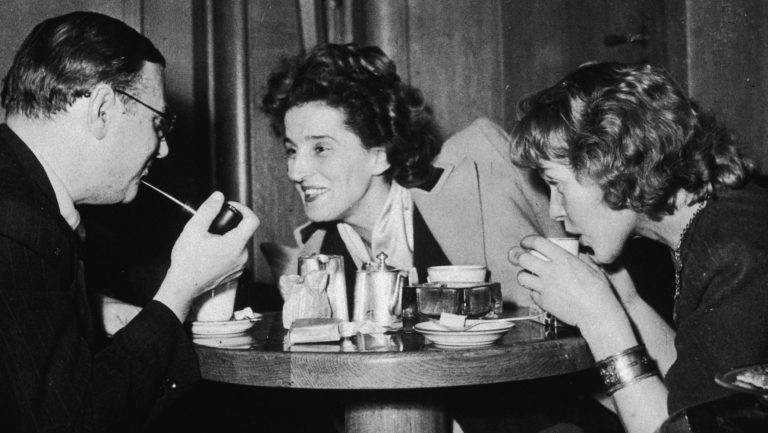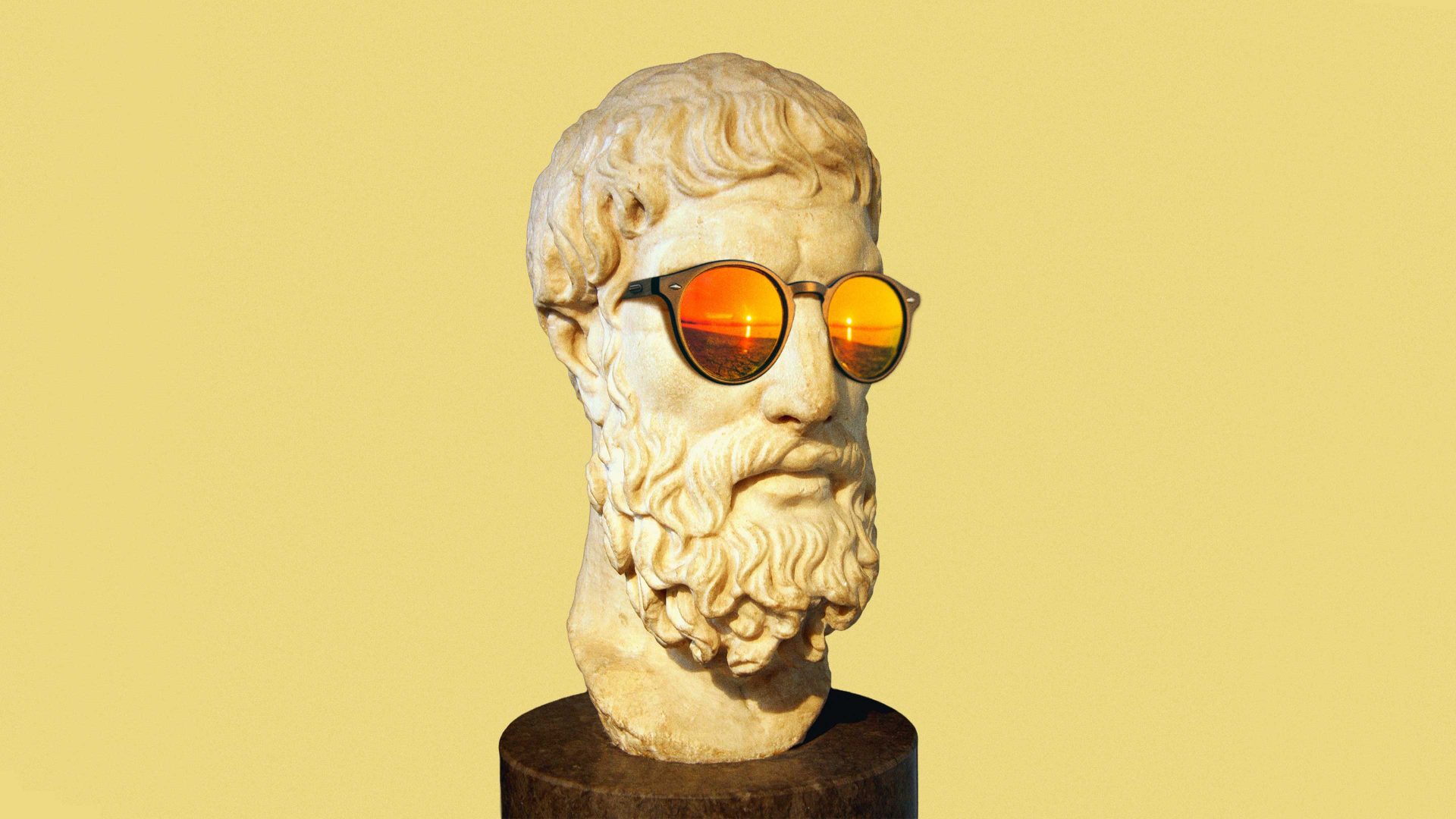This summer I went on my first ever package holiday. One of my dearest friends was going through a rough breakup and told me that what she really needed was “a buffet and no obligations”. Since those were our only requirements, we weren’t too fussy about the destination, and we found a last-minute all-inclusive deal that sent us to Lanzarote.
I had never given the Canary Islands much thought, and I knew almost nothing about them. To be perfectly honest, even after spending a week there, I still couldn’t tell you much. But this holiday was never about enriching ourselves with history and culture; it was for us to rest, to indulge, and, for my friend, to heal.
Judging from the parts of the island I visited, Lanzarote is a peculiar place. I came away with a wonderful collection of vivid and almost surreal impressions: fluorescent-pink sunburns on British tourists, eerie volcanic landscapes where nothing grows, relentless wind cutting through the heat, blood-red crabs crawling over black rock, a Spanish Beatles cover band playing by the hotel pool, and, of course, the buffet, dizzying in scale and variety.
Between daily poolside debriefs of her recent marital ordeal, we laughed about how nice it felt to shut off our brains almost entirely. With every basic need met and every practical question anticipated, we were left only to swan through the motions of our holiday: sit, read, swim, buffet, cava, repeat.
The word “Epicurean” came to mind a few times. In everyday use, it is often confused with another Greek concept, “hedonism”, which, in its more extreme form, designates the excessive pursuit of self-indulgence, comfort, and sensual pleasure. Yet, Epicurus (341-270 BC) did not see pleasure as instant gratification but as the absence of physical and psychological pain, leading to a state of tranquillity he and his followers called ataraxia.
Far from the all-out excess associated with his name, he advocated a prudent approach to life, carefully weighing what enhances or undermines our tranquillity: “It is not continuous drinkings and revellings, nor the satisfaction of lusts, nor the enjoyment of fish and other luxuries of the wealthy table, which produce a pleasant life, but sober reasoning, searching out the motives for all choice and avoidance, and banishing mere opinions, to which are due the greatest disturbance of the spirit.”
Suggested Reading


Au revoir les philosophes
Epicurus believed pleasure could be derived from philosophical practice, which delivers us from superstitions and more existential anxieties. He famously argued that we should not fear death, “since when we exist, death is not yet present, and when death is present, then we do not exist”. He favoured sustainable joys, like friendship, over fleeting pleasures tied to hollow desires like fame or wealth.
In many ways, tourist resorts embody the kind of hedonism Epicurus discouraged: constant sensory stimulation, obsession with Instagrammability, and unbridled consumerism. Had he witnessed the overwhelming abundance of a bottomless buffet or the competitive frenzy of a hotel bingo night, he might have cautioned us. These were the kinds of empty pleasures that would leave us perpetually unfulfilled. But, at the risk of sounding pretentious or delusional, I believe my friend and I approached our package holiday in a way consistent with Epicurus’s own idea of pleasure.
In this self-contained world, which seemed to exist outside of time and culture, each day was comfortingly repetitive and devoted to our most Epicurean needs: food, friendship, and philosophising. There were a few superfluous pleasures too, like ice cream, cava, and Love Island. But Epicurus concedes there is nothing wrong with enjoying such superfluities from time to time. As long as we recognise them as non-essential pleasures, and make a point of savouring them fully, they can actually broaden the scope of our tranquillity.
Because my friend was still reeling, and I was generally exhausted (as most millennials living in 2025 appear to be), we approached our holiday with a kind of gentle detachment. This attitude was quite different from the resort mindset of mandatory fun, which often leads to unthinking excess. We hoped for long-term tranquillity, and perhaps, for this reason, we were able to find singular joy in each moment, from the Elvis impersonator in a biker-themed bar, to the Dutch tour guide explaining, in surprising detail, how lava is formed. There is nothing quite as delightful as sharing the experience of weirdness with a dear friend.
In one of his surviving fragments, Epicurus writes, “Friendship goes dancing round the world proclaiming to us all to awake to the praises of a happy life.” The school he established in Athens, known as “The Garden”, served as a commune where he and his friends lived a simple, and by all accounts, very fulfilling life.
He believed friendship was one of the most important conditions for tranquillity. Having friends you can genuinely trust, and whose values you share, is, according to him, not only a source of great pleasure but also a guarantee of stability and safety in an uncertain world. In her post-breakup recovery, my friend was comforted to discover that the many connections she had carefully nurtured over the years now overflowed with the love and support she needed. Our holiday was just an extension of that, and it deepened our already strong bond.
Without wanting to stray too far into Eat, Pray, Love territory (though I like to think Epicurus would approve of my sappiness), what should have been a fairly ordinary trip ended up feeling utterly transformative. Somehow, the artificial and highly curated environment of the packaged resort helped highlight what is most real and important in life: simple pleasures shared with a good friend.
Emily Herring is a freelance writer and editor




